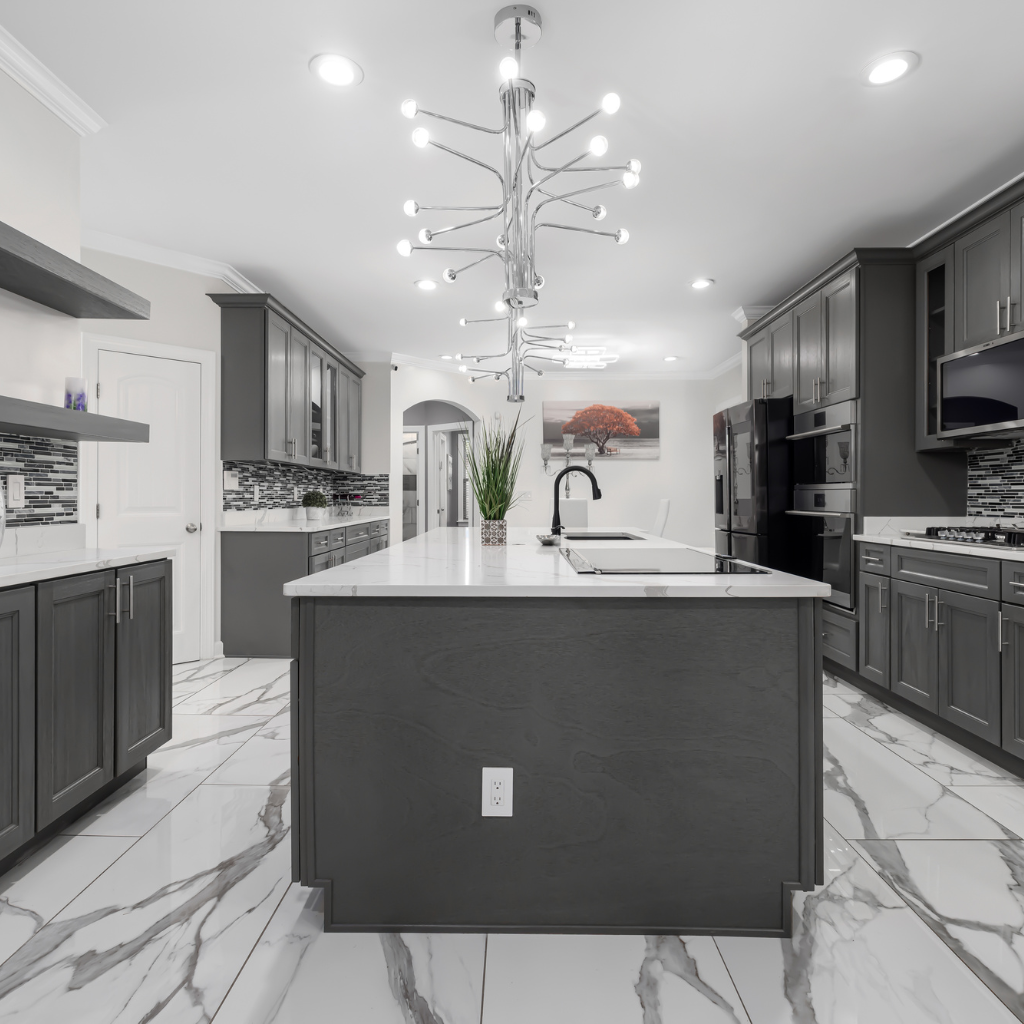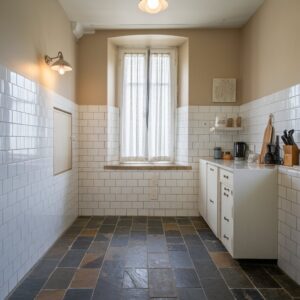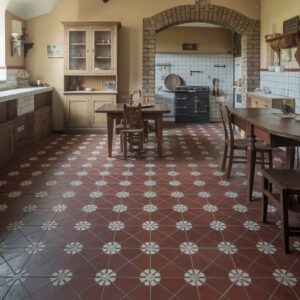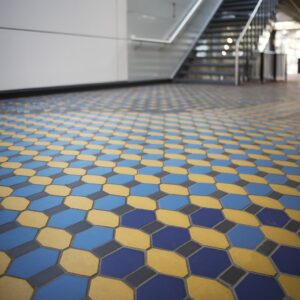Commercial kitchens endure constant foot traffic, heat exposure, and frequent spills, making the choice of tile crucial for both safety and longevity. This is especially true for bustling London restaurants, cafés, and catering facilities that rely on highly durable, easy-to-clean surfaces. Abel Tiler London, trusted commercial tilers in London, specialises in commercial kitchen tile solutions, advising clients on non-porous and stain-resistant products that simplify hygiene compliance and prolong floor life. In this guide, you’ll discover the key advantages of commercial kitchen floor tile, how vinyl tile measures up as an alternative, and why investing in professional design and installation can save your time and money. Whether you’re renovating an existing space or building from scratch, understanding the fundamentals of commercial tiling helps create a functional, stylish kitchen.
Why Tile Is Ideal for High-Traffic Kitchen Floors
For high-traffic kitchen floors, tile stands out as a top contender due to its resilience against scratches, spills, and regular wear. Porcelain and granite options, in particular, resist impact and maintain a professional look even in demanding environments. Ceramic and porcelain tiles often come in non-slip varieties, reducing slipping hazards that can arise in damp or greasy conditions. Another advantage includes the non-porous nature of these tiles, which allows for easier cleaning. In a commercial setting where hygiene standards are paramount, being able to wipe away stains and disinfect surfaces with minimal effort is indispensable. By selecting the right tile, business owners combine durability, practicality, and the aesthetic appeal required to enhance both workflow and ambience.
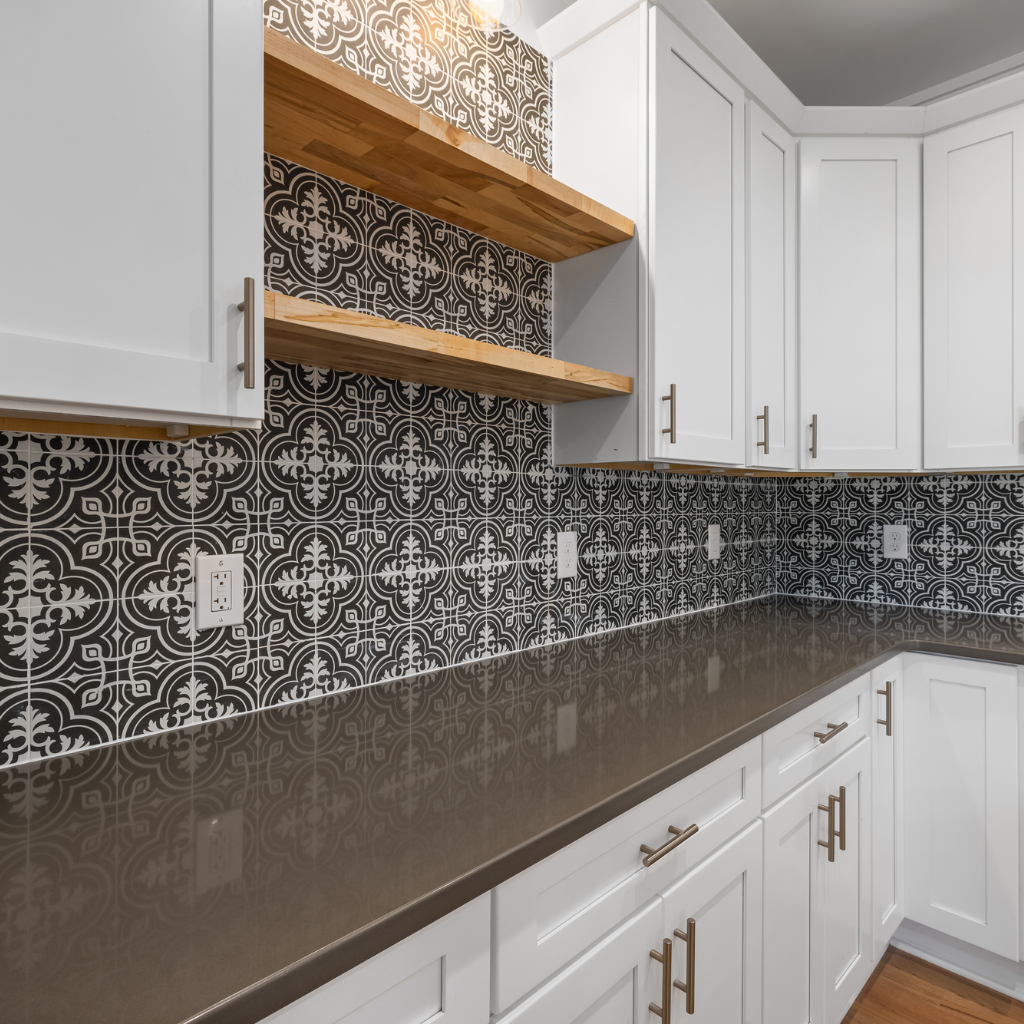
Commercial Kitchen Floor Tile vs. Vinyl Tile
Choosing between commercial kitchen floor tile and vinyl tile depends on several factors. Traditional porcelain or ceramic tile offers heat resistance, high durability, and a lifespan that can handle the bustle of a busy kitchen. Vinyl tile, on the other hand, can be quicker and easier to install, providing flexibility in terms of design. It can also be more forgiving of subfloor imperfections and might present cost savings upfront. Nonetheless, vinyl may need patch repairs over time, whereas porcelain or ceramic floors can remain intact for decades if properly maintained. When deciding on one or the other, business owners should weigh initial costs, daily practicality, and long-term value. Each material has unique benefits, but properly laid commercial tile often delivers superior reliability.
Floor Tiles for Commercial Kitchen: Design and Function
A commercial kitchen’s overall functionality benefits significantly from well-chosen floor tiles. Seamless traffic flow and strategic layouts ensure efficient movement for cooking staff, and tile dimensions can help define specific zones or create visual interest. Many owners opt for accent tiles to add subtle flourishes, while still prioritising slip resistance and easy maintenance. High-quality grout and sealants are equally important to keep moisture, grease, and food debris out of the seams. By pairing comfort and safety with smart decorative choices and professional ceramic tile installation, you achieve a workspace that fosters productivity, meets health standards, and aligns with your brand’s style.
Wall Tiles for Commercial Kitchen Spaces
Wall tiles in commercial kitchen areas protect against splashes, grease buildup, and changes in temperature. Glazed ceramic or porcelain wall tiles are popular choices because they are straightforward to clean and maintain. Behind appliances emitting intense heat, these tiles offer added protection against stains and warping. Another advantage is the opportunity to blend wall tiles with the kitchen’s flooring design, achieving both functional and aesthetic coherence. Choosing complementary colours and patterns ties the room together. This creates a modern, polished finish that leaves a strong impression on anyone who enters the space.
How to Install Commercial Vinyl Tile
If you opt for commercial vinyl tile instead of porcelain or ceramic, make sure the subfloor is clean, level, and free of cracks. A fresh adhesive layer or self-adhesive backing secures each tile in place. Vinyl often comes in sheets or squares that form tight seams to repel moisture. Proper edge trimming is vital, as it prevents trips or gaps that may harbour dirt. To maintain a consistent look, each row should align precisely, so planning and measuring beforehand is key. Once installed, vinyl typically requires less downtime before being ready for foot traffic than ceramic or porcelain, appealing to kitchens that aim for a swift turnaround.

Commercial Kitchen Tiles Design Tips
In a setting where practicality usually takes the spotlight, creative tile design still holds value. Colour schemes can reflect the brand’s identity or brighten up the working environment. Changing up tile shapes, such as hexagonal or rectangular options, can add subtle sophistication. Matte or gloss finishes help set different moods, influencing reflections and overall brightness. Good lighting emphasises the depth of richer tile hues or the sleekness of more contemporary palettes. Investing in a thoughtful design not only energises staff but also appeals to visitors who catch a glimpse of the kitchen.
Factors to Consider Before Installation
Before installing commercial kitchen tile, check that the underlying substrate is stable and free from major flaws. Even slight unevenness can cause tiles to crack under the weight of heavy appliances. Proper drainage is another important aspect: standing water can degrade grout lines and pose a slipping hazard. Most London businesses must observe strict health and safety regulations surrounding surfaces exposed to food preparation and constant cleaning. Hiring a knowledgeable tiler ensures floor and wall tiles are laid with these considerations in mind. Shortcuts or poor-quality materials may save initial costs but often lead to bigger expenses and potential compliance issues over time.
Maintenance Tips for Easy-to-Clean Commercial Floors
Long-lasting commercial kitchen flooring depends on consistent upkeep. Daily sweeping and mopping removes residue that might otherwise accumulate and cause stains or odours. Cleaning solutions specifically formulated for tile surfaces prevent damage to grout and glaze. Occasional deep cleaning or resealing sessions further extend tile life. Regular inspections detect cracked tiles or loosening grout early on, allowing quick repairs and avoiding bigger disruptions later. For any major refurbishments or thorough cleaning tasks, engaging specialists like Abel Tiler London ensures professional results and minimal downtime.
Installation Process with Abel Tiler London
Abel Tiler London begins each project with a site survey, measuring floor areas and evaluating structural soundness. After consulting on tile choices and designs, trained staff source premium materials known for their durable and stain-resistant properties. During installation, the team ensures correct adhesive and grout application, creating a tight seal against moisture. Timelines are organised to minimise impact on day-to-day operations, an important consideration for active commercial kitchens. Whether starting fresh or updating existing floors, Abel Tiler London strives for a finished product that reflects quality workmanship, meets all legal requirements, and withstands ongoing kitchen demands.
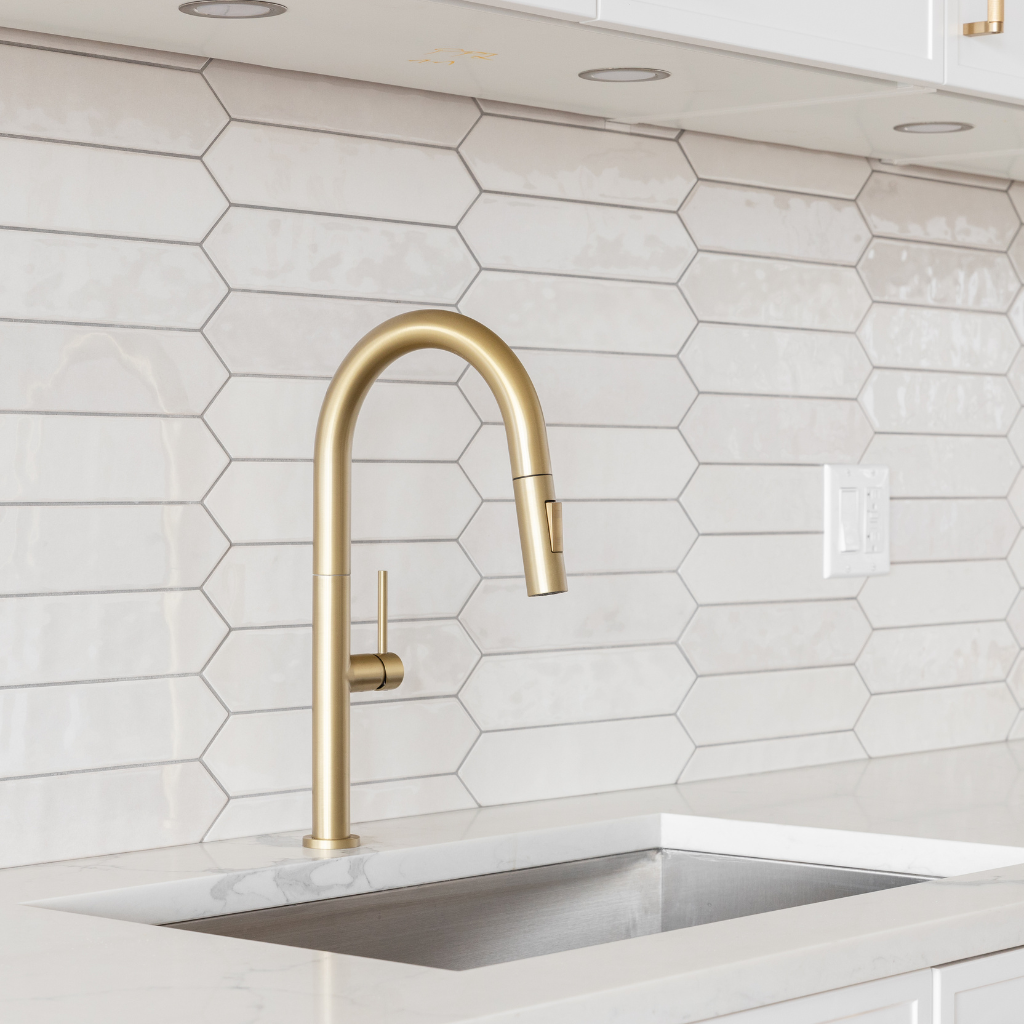
Commercial Kitchen Flooring Alternatives
Beyond tile, some businesses explore epoxy coatings, sealed concrete, or rubber floors. Epoxy offers a smooth, seamless surface but requires thorough preparation to prevent peeling. Concrete can provide a modern, industrial aesthetic, though slip hazards may arise if it isn’t treated properly. Rubber floors add cushioning underfoot, but they typically lack the long-term resilience of porcelain or granite tile in ultra-high-traffic zones. Choosing the best flooring depends largely on budget, day-to-day operations, and the specific feel each restaurant or production kitchen wants to convey.
Conclusion
Commercial kitchen tile offers a blend of durability, practicality, and design flexibility that other materials often struggle to match. Non-slip, non-porous tiles help maintain a safe, hygienic environment, which is crucial in fast-paced hospitality and foodservice settings. By selecting high-quality tile, investing in professional installation, and performing regular maintenance, business owners ensure a long-lasting floor and wall surface that upholds both operational efficiency and brand image. For tailored advice and seamless implementation, Abel Tiler London delivers expert service to make any commercial kitchen space functional, economical, and visually compelling.

